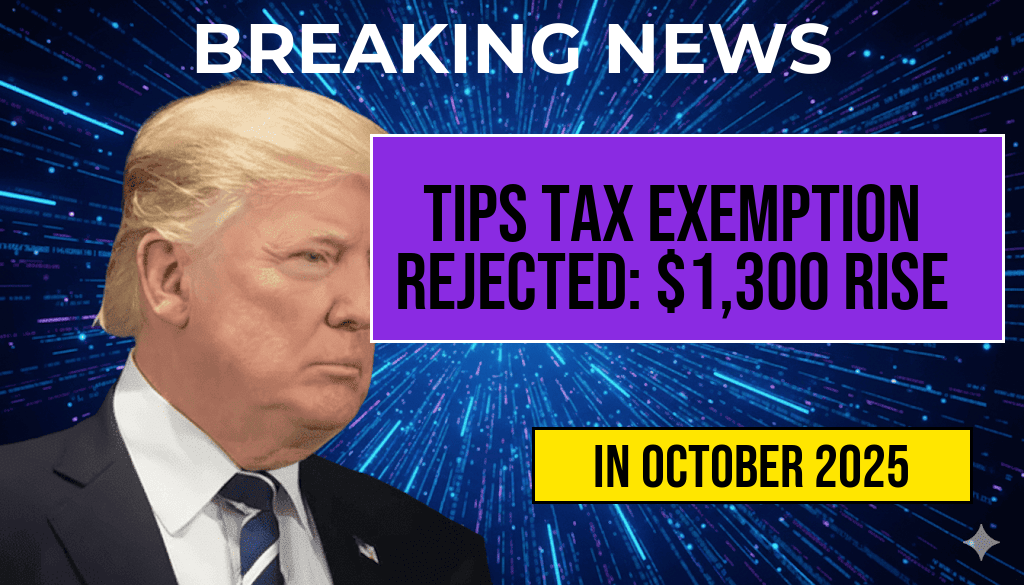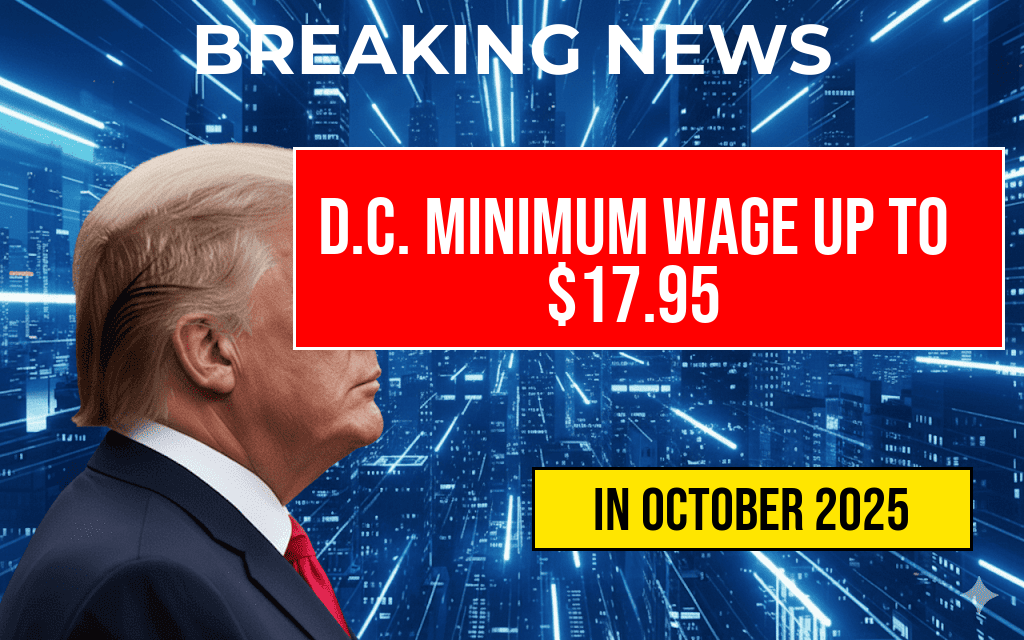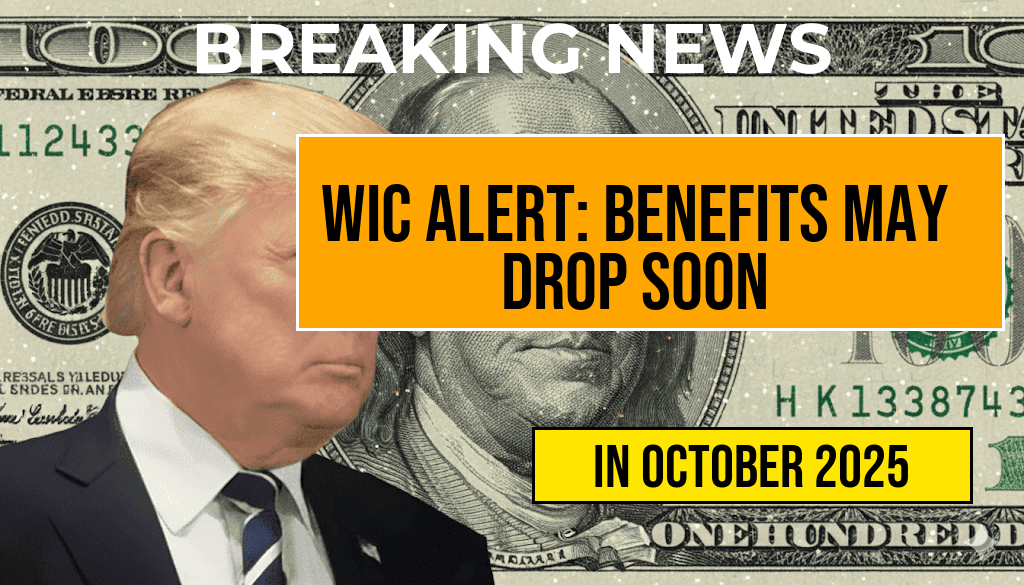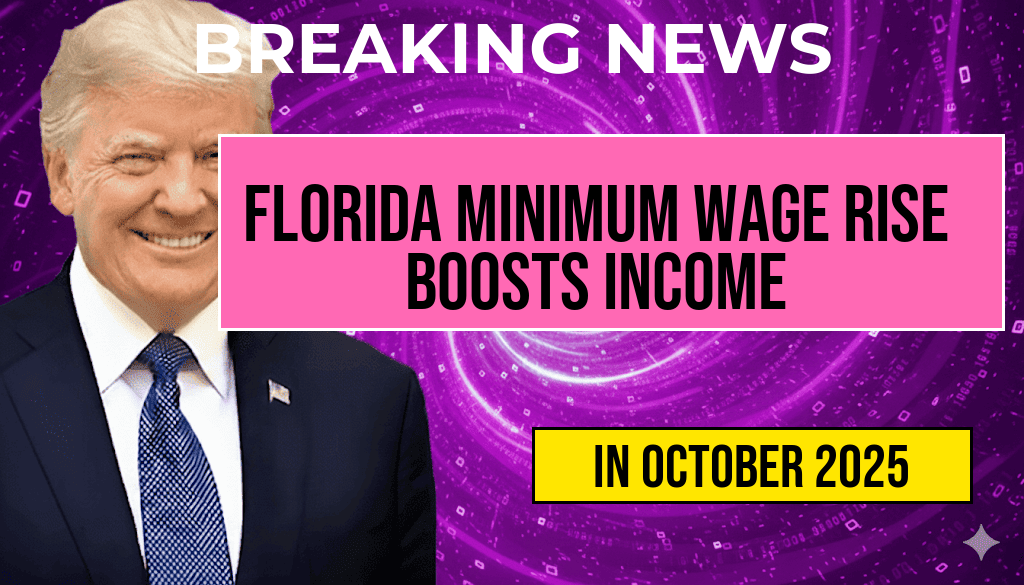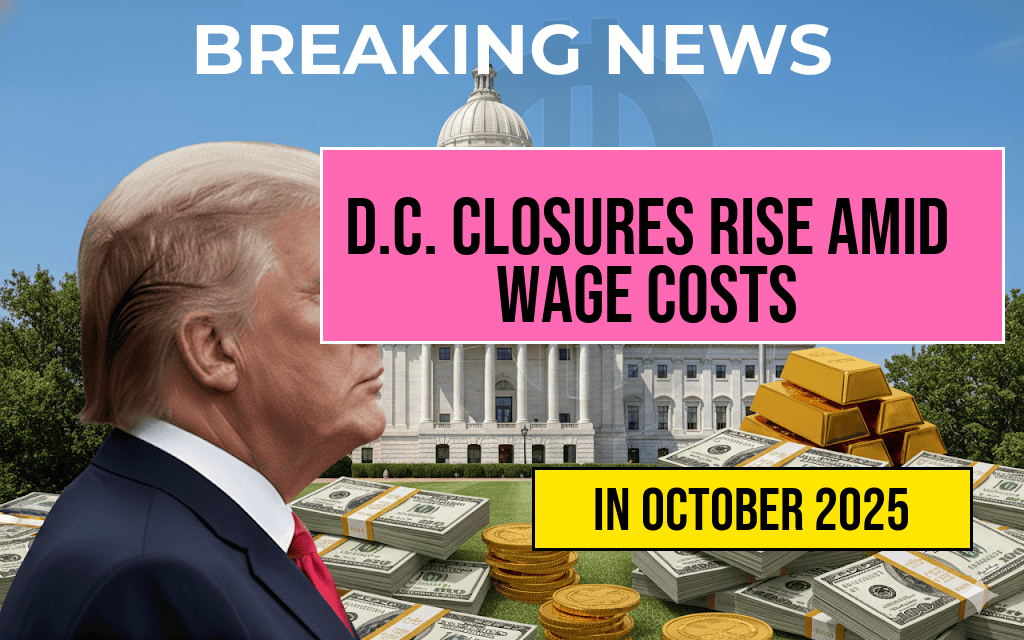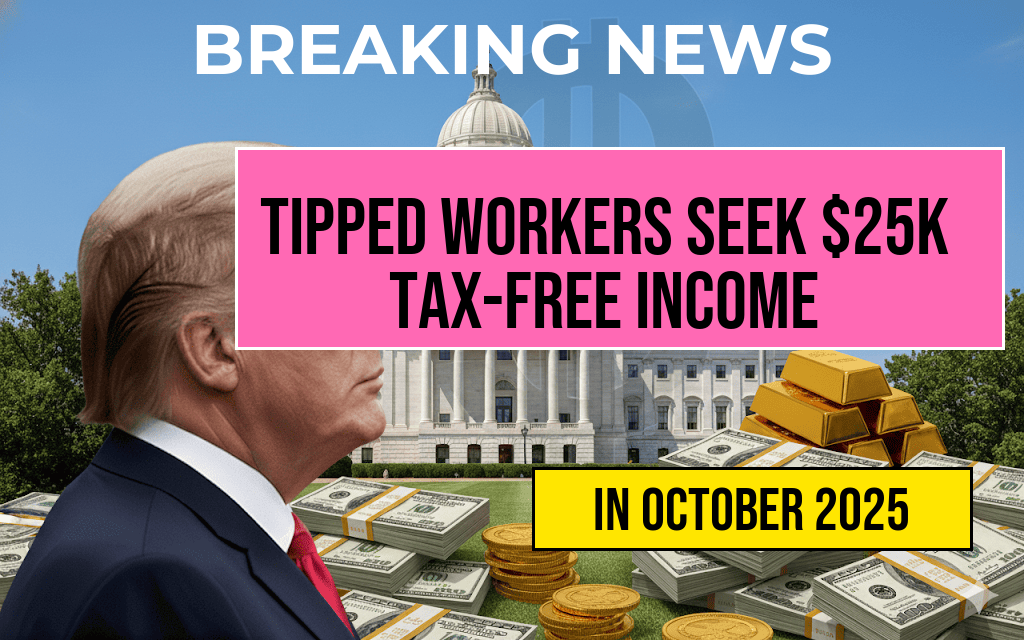Washington D.C. Raises Minimum Wage to $17.95 per Hour, Boosting Earnings for Thousands
The District of Columbia has increased its minimum wage to $17.95 per hour, marking a significant step in the city’s ongoing efforts to improve living standards for low-wage workers. The new rate, effective immediately, represents an increase of $0.45 per hour over the previous minimum, translating to an additional $936 annually for full-time employees working 40 hours per week. This adjustment aligns with the city’s commitment to gradually raise wages in accordance with inflation and economic conditions, impacting an estimated 80,000 workers across various sectors including hospitality, retail, and healthcare.
City officials emphasize that the incremental increase is part of a broader plan to reach a minimum wage of $18.00 per hour by July 2024. The move is expected to enhance financial stability for workers struggling with the rising costs of living, especially amid ongoing inflationary pressures. Meanwhile, businesses are preparing for the change, with many citing concerns about increased labor costs but acknowledging the benefits of a higher wage floor in attracting and retaining staff.
Impacts on Workers and Local Economy
The wage hike, while modest in amount, is projected to provide tangible relief for thousands of residents. For a typical full-time worker, this increase equates to an extra $37.50 per week before taxes, or roughly $936 annually. The additional income can help offset rising prices for essentials such as rent, groceries, and transportation.
| Hourly Wage Increase | Weekly Additional Income | Annual Additional Income (52 weeks) |
|---|---|---|
| $0.45 | $18.00 | $936 |
Advocates for the increase argue that raising the minimum wage enhances economic stability for workers and reduces reliance on social safety net programs. “A higher minimum wage means more disposable income for families, which can stimulate local businesses and foster community growth,” stated economic experts. Conversely, some business owners express concern about potential increased operational costs, especially for small enterprises operating on tight margins. Nevertheless, many acknowledge that a living wage can lead to better employee morale and productivity.
Policy Background and Future Outlook
The D.C. minimum wage has gradually increased over the past decade, with the city aiming to reach $15.00 by 2020 before surpassing that mark in recent years. The current adjustment is part of a scheduled series of increases, with the city council regularly reviewing economic indicators and cost-of-living metrics to guide future hikes. The plan to reach $18.00 by mid-2024 aligns with the city’s broader economic development strategies, which include measures to support small businesses and workforce training programs.
According to the District of Columbia government, the minimum wage adjustments are designed to keep pace with inflation and ensure that workers can maintain a decent standard of living. The city also emphasizes that these policies are part of its commitment to social equity and economic justice, aiming to close wage gaps among different demographic groups.
Broader Context: Minimum Wage Trends Nationwide
Washington D.C.’s move reflects a broader national trend of states and municipalities implementing gradual minimum wage increases. Several cities, including Seattle and Los Angeles, have adopted scheduled hikes in recent years, citing economic studies that suggest higher wages contribute to reduced poverty and improved worker well-being. According to data from the U.S. Bureau of Labor Statistics, minimum wage workers in urban areas tend to benefit disproportionately from such policies, though debates about potential impacts on employment persist.
As discussions around living wages continue at both state and federal levels, D.C.’s experience underscores the importance of tailoring policies to local economic realities. The city’s proactive approach offers a case study on balancing wage growth with economic stability, especially as inflation challenges persist across the country.
Frequently Asked Questions
What is the new minimum wage in D.C.?
The minimum wage in D.C. has increased to $17.95 per hour.
How much will workers earn annually with the new minimum wage?
Based on the hourly increase, workers will earn approximately $936 more annually, assuming full-time employment.
How much has the hourly wage increased?
The hourly wage has risen by $0.45 from the previous rate.
When did the new minimum wage take effect?
The new minimum wage of $17.95 per hour is effective immediately or as specified by local government regulations (check local updates).
Who is affected by the minimum wage increase?
The increase applies to all eligible workers in D.C., including minimum wage employees across various industries and sectors.

